Community-Academic Partnership (CAP) Program
Founded on the idea that “together we are better,” the GP IDeA-CTR Network supports and funds projects that provide results and value to the communities we serve. While it may be difficult at times to see how research results are relevant to real-world, community settings, we believe that health-based academic research has important and relevant applications. The practice of including community groups and members in the process of developing and implementing research projects has become more prolific over the years. These inclusionary efforts can lessen issues with community-based research design, create a more seamless transition in putting research into practice, and can make research projects more relevant to the community overall. Through this method, research teams are able to advance health science while effectively meeting the needs of the community.
The purpose of the Community-Academic Partnership (CAP) Program is to provide support for research proposals with a strong community focus. Our goal is to improve health and wellness in communities through the development or testing of programs and interventions that are impactful and sustainable in a community setting. Awarded projects have established strong ties to the community as evidenced by a letter of support from a community organization or advocate. Building on the efforts and principles of Community Based Participatory Research (CBPR) and Practice-based Research Networks (PBRNs), teams of academic researchers and community partners can collaborate to design, implement, and sustain projects and interventions intended to address serious community health issues.
Two awards have been made available through the CAP Program: a pilot project award and a planning award. Pilot project awards are 1-year awards for the generation of preliminary data to assess the feasibility and acceptability of community intervention programs. Applications must detail an existing or forming community-academic partnership and how the funds will be used to improve community health. The planning awards are intended to provide seed funding to investigators working to (1) develop or engage community advisory boards for project design or planning purposes or (2) engage PBRNs to identify local priorities and begin project planning. Both awards need to outline an existing or forming partnership between researchers and a community group and both need to address an issue cited in our Community Advisory Board’s Health Priorities List. A list of past CAP Program awardees can be found below.
Our hope is to continue to to continue to bridge the gap between research efforts and community needs. The GP IDeA-CTR Network is just one of several CTRs and CTSIs (Clinical and Translational Science Institutes) that have implemented such community-engaged research funding programs. Successful programs like these have and will continue to support projects and initiatives that bring together members with a wide range of perspectives and expertise to address community health concerns. We believe these efforts will produce research that is relevant to communities, resolves local needs, and is generalizable to other community or clinical settings.
2022 Community-Academic Partnership Program Awardees

Becky Davis, DNP, RN, PHNA-BC
Assistant Professor
College of Nursing
Creighton University
Project: Supporting Transitions of Care Through Community Partnership
Challenges to health and well-being among older adults occur during transitions of care (moving from one type or level of health care delivery to another). Even with the best set of circumstances, times of change add health risk for the older adult and stress for the family. Challenges only increase among economically insecure, under-resourced older adults. A gap in understanding exists between the healthcare approach and the human experience during times of transition. Community organizations have stepped up to implement programs hoping to bridge the gap, however, the community perspective in the transitions of care story hasn’t been told. The goal of this project is to describe these contextual factors from a community perspective and examine barriers to successful transitions of care in the community.

Teresa C. Kulig, PhD
Assistant Professor
School of Criminology and Criminal Justice
University of Nebraska-Omaha
Project: OPD-UNO Collaboration for the Prevention and Intervention of Human Trafficking against Children in Omaha
Children who are missing or who run away from home are recognized as being vulnerable to exploitation. However, not all children who go missing or who run away will be trafficked, which indicates that there could be additional risk markers that make some children more likely to be targeted than others. The current project seeks to collaborate with Omaha Police Department’s Child Special Victims Unit to fill a critical information gap in our understanding of the risk and protective factors for human trafficking victimization among children who are missing/run away, as well as how and when interventions should be implemented. The ultimate goal of this project is to advance our understanding regarding prevention of human trafficking in this understudied yet vulnerable group.
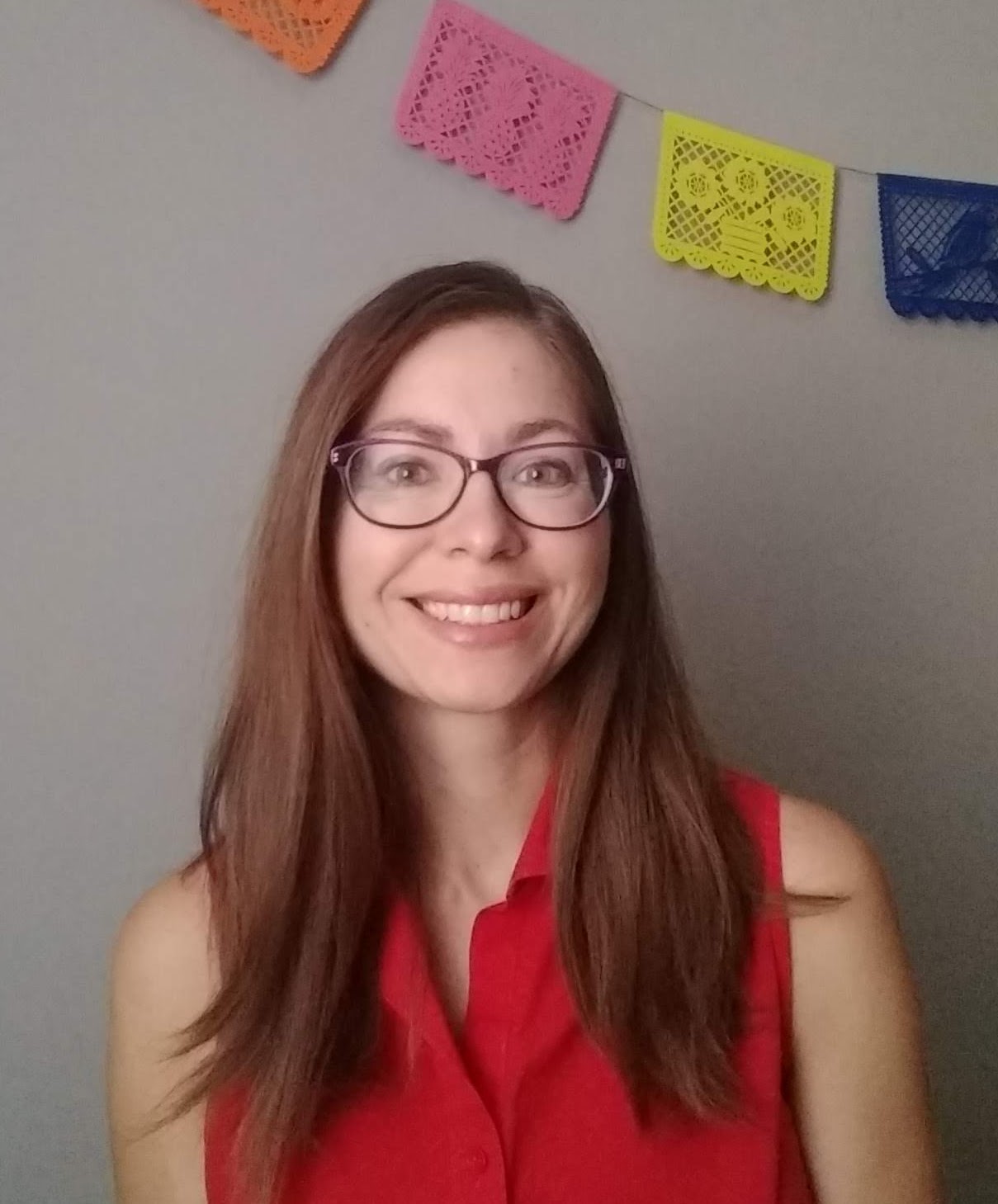
Meredith Spratford, AuD, CCC-A
Senior Research Audiologist
Audibility, Perception, and Cognition Laboratory
Boys Town National Research Hospital
Project: Creating Research-Practice Partnerships to Design Community-Based Interventions to Promote Early Identification of Hearing Loss
Infants who do not receive timely hearing healthcare follow-up after failing the newborn hearing screening are at risk for a range of developmental delays (Yoshinaga-Itano et al., 2017). From 2017-2021, 830 children were lost to follow-up in Nebraska, and a portion of those children have undiagnosed hearing loss and are without appropriate intervention to support their development. The primary goal of this project is to develop a research-to-practice partnership between Boys Town National Research Hospital and the Nebraska Early Hearing Detection and Intervention program to identify which families are most at-risk to becoming lost to follow-up and, with inclusion of input from a community advisory board, create an action plan that can be implemented to improve education and access surrounding hearing healthcare follow-up after newborn hearing screening.
2021 Community-Academic Partnership Program Awardees

Cheryl L. Beseler, PhD
Professor
Environmental, Agricultural and Occupational Health
University of Nebraska Medical Center
Project: The Bridges Out of Poverty Model: Examining the Interconnectedness between Physical and Mental Health and Financial Health
Anecdotal evidence from participants in the Bridges Out of Poverty (BOP) program suggests that improving self-regulation and providing community resources to move people permanently out of poverty also improves health measures. The BOP program works. In the past three years, Omaha has had 591 graduates (goal 2,500/year), a 94% graduation rate, >$18,000 increase in income, a 60% decrease in debt-to-income ratio, and positive progress in all 15 factors of the Stability Scale. The goal of this program is to document whether the mechanism by which BOP improves financial health may also support changes that improve physical and mental health and promote healthy adaptations to stress. We hope to better understand the underlying interrelationships between the impacts of poverty on health by understanding what happens when people achieve financial stability.
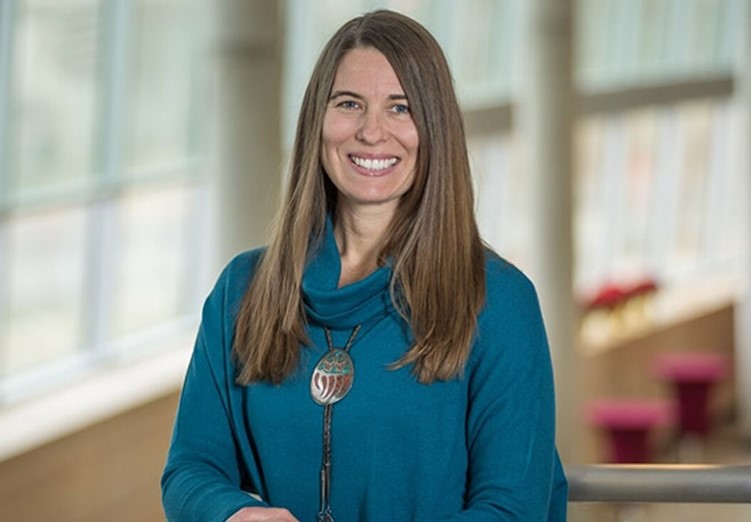
Regina Idoate, PhD
Assistant Professor
College of Public Health, Health Promotion
The University of Nebraska Medical Center
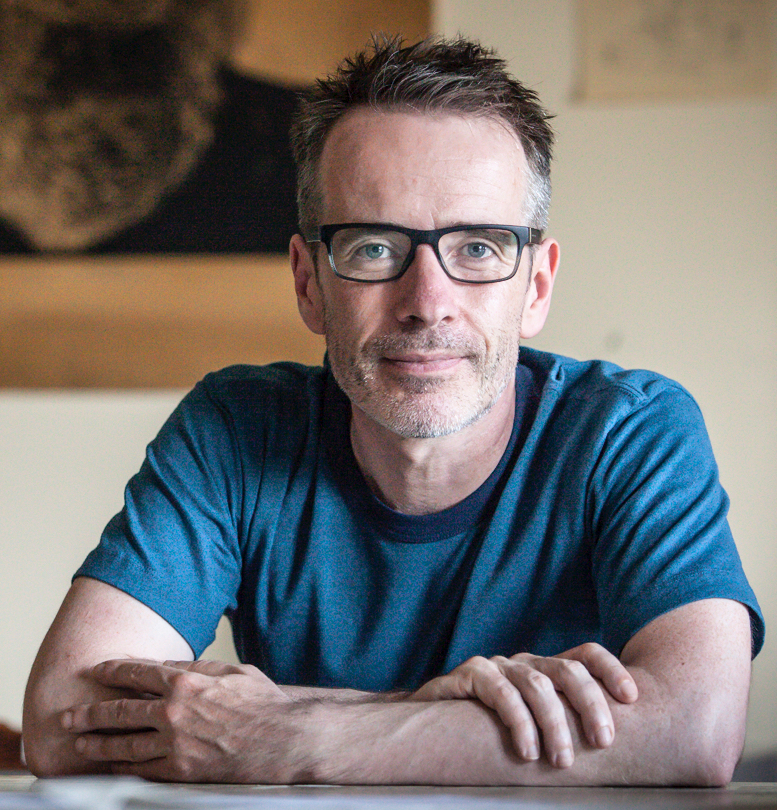
Mark Gilbert, PhD
Associate Professor
Art and Art History/ Medical Humanities
The University of Nebraska-Omaha

Brigitte McQueen
Executive Director
The Union for Contemporary Art

Rachel Mindrup, MFA
Assistant Professor
Richard L. Deming, MD Endowed Chair in Medical Humanities
Fine and Performing Arts / Medical Humanities
Creighton University
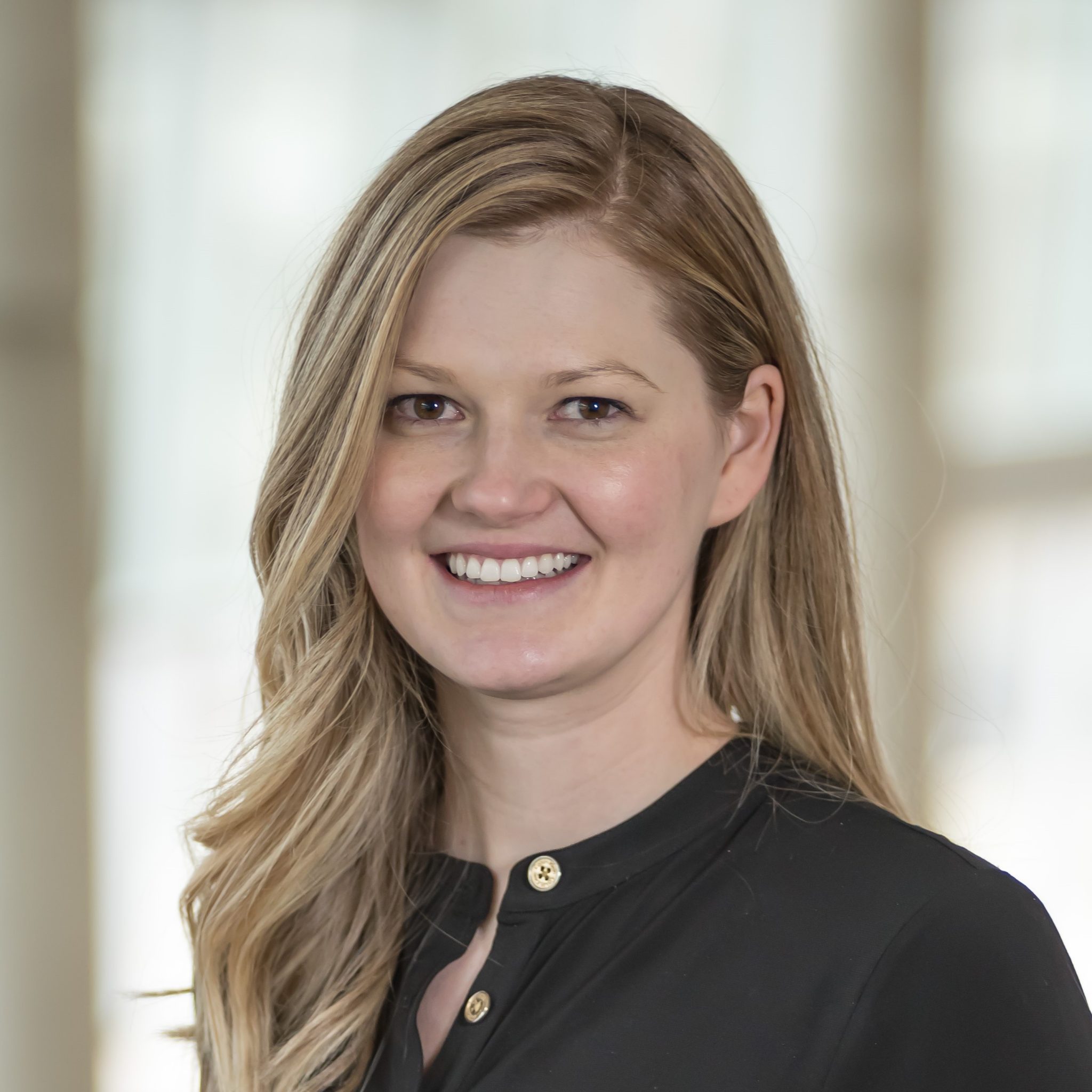
Aislinn Rookwood, MPH
Program Manager
College of Public Health, Health Promotion
The University of Nebraska Medical Center
Project: Community-Academic Partnerships Addressing Cancer Disparities through an Art-Based Research Partnership
This project brings together representatives from three Omaha community-based organizations (Bluebird Cultural Initiative, the UNION for Contemporary Art, and the Youth Enjoy Science program) and three arts-based cancer researchers from distinct Omaha-based academic institutions (UNMC, UNO & Creighton University) to develop and engage a medical humanities community advisory board that designs and plans innovative arts-based research projects to address health disparities. Our initial efforts, focused on American Indian/Alaska Native (AI/AN) cancer disparities, aim to increase the Omaha urban AI/AN community’s level of readiness to address cancer, Cancer is the leading cause of premature death among AI/AN populations. Cancer-related disparities among AI/ANs, include lower rates of screening utilization and higher rates of advanced-stage disease at diagnoses. AI/ANs report high-risk cancer behaviors, suboptimal cancer screening, and poorer cancer outcomes. A recent study conducted by Idoate et al., found that AI/AN community members in our region perceive a low level of susceptibility to cancer and a low level of benefit from efforts to prevent, treat or research cancer, leading to low levels of self-efficacy and readiness to address cancer. Arts-based research has a history of creating opportunities to explore, illustrate, define, treat, and explain cancer across the control continuum and it is commonly utilized with Indigenous populations in health research, including cancer research, as a culturally appropriate way of engaging community. In this pilot study, following Indigenous research principles, we will gather data about community perceptions of cancer by conducting talking circles, facilitating testimony recordings, and collecting artistic statements from AI/AN community members. We will analyze the data qualitatively to inform the implementation of interventions to increase awareness of AI/AN susceptibility to cancer, heighten understanding of the benefits of screening and treatment, and build collective-efficacy in cancer education, prevention, treatment, and research.
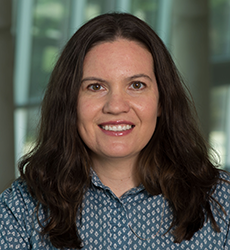
Shannon Maloney, PhD
Assistant Professor
College of Public Health, Health Promotion
The University of Nebraska Medical Center
Project: Overcoming Barriers to Telehealth Services Among Low-Income Urban Women
Telehealth has potential to benefit urban residents that face nonfinancial barriers to health care. Approximately 21 percent of the population reports being unable to access health care due to inability to take time away from work, difficulty scheduling appointments and long travel time to/from health clinic. Telehealth is a cost-effective option for health care services and may be less costly than other accommodations, such as late clinic hours or transportation services. Despite this, women, low-income and medically underserved populations utilize telehealth services at a lower rate than their male, high-income counterparts. This project seeks to understand barriers to telehealth services for urban low-income and medically underserved women in Nebraska. We will work with our community partner and community advisory board to design and implement methods that will identify primary barriers to telehealth among low-income and medically underserved urban residents in Nebraska.
2018 Community-Academic Partnership Program Awardees

Shannon Bartelt-Hunt, PhD
Professor
Associate Dean for Professional Development, Office of Graduate Studies
University of Nebraska-Lincoln
Project: Well Water, Farm Families and Better Health
(Poster Download)
Rural communities face a variety of health disparities, one of which is their reliance on private wells for water. There are no regulations requiring water quality testing for private groundwater wells in Nebraska. A recent State of Nebraska report found that potentially 80% of private water supply wells may exceed the drinking water standard for nitrate. In this project, we will engage citizen scientists to monitor ground and surface water quality for nitrate across Eastern Nebraska. When nitrate contamination is identified in private water supply wells, we will follow up with analytical testing of the water quality and provide informational resources to farm families about how to treat their water. In addition to improving drinking water quality for farm families, this project will engage citizens and provide science-based education and resources enabling them to be more aware of their environment and the need for healthy water supplies.

Arielle Deutsch, PhD
Assistant Professor
Department of Pediatrics
University of South Dakota Sanford School of Medicine
Project: Community-based understanding links between IPV and alcohol for American Indian women
(Poster Download)
Although 100% preventable, fetal alcohol spectrum disorders are among the most common birth defects in the US – in part due to the average 10% of women who drink while pregnant. Research indicates that alcohol-exposed pregnancy may be predicted in part by a syndemic association between intimate partner violence, alcohol misuse, and unintended pregnancy. However, current interventions ignore the role of intimate partner violence in alcohol-exposed pregnancy, and other alcohol exposed pregnancy predictors. Given high rates of intimate partner violence in some American Indian communities, such interventions may be beneficial. The current project utilizes community-based participatory research and tribally based research approaches as innovative ways to better assess risk and facilitate development of interventions that target the cycle of alcohol misuse and intimate partner violence as a systemic etiology of alcohol-exposed pregnancy. To achieve this goal, we plan to develop community-based operational definitions of intimate partner violence, substance misuse, as well as assess community understandings of current needs for addressing these issues. Our community partner is a domestic violence shelter in a Northern Plains American Indian reservation.

Shireen Rajaram, PhD
Assistant Professor
Department of Health Promotion
University of Nebraska Medical Center
Project: Planning Summit -- Feasibility of Training/Education of Tattoo Artist in Sex Trafficking Prevention
(Poster Download)
Women who are sex trafficked within the U.S., often are made to have tattoos such as bar codes, a dollar sign or the name of the trafficker – the person who is selling them for sex. Tattoo artists may routinely encounter a sex trafficking survivor while she is being trafficked. As front-line professionals, they are in a unique position to detect, identify, and report of any abuse, including sex trafficking. The aim of this community based participatory pilot project is to engage the tattoo artist community in Nebraska to determine the feasibility of training/education on prevention of sex trafficking including the content and preferred mode of training on sex trafficking.
